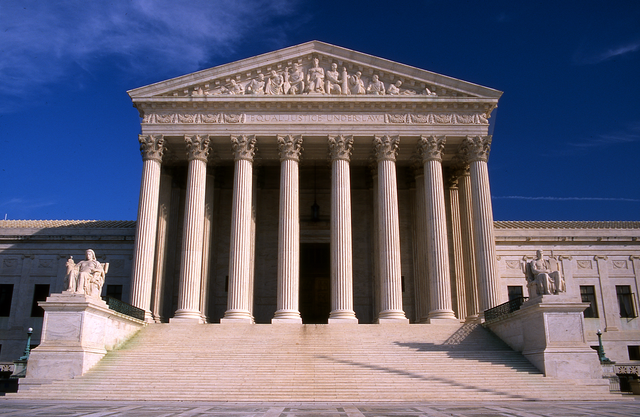
On June 23, 2022, the U.S. Supreme Court ruled that law enforcement officers who fail to administer the Miranda Rights warning cannot be sued for damages in a civil lawsuit.
By Stacy M. Brown, Senior National Correspondent, NNPA Newswire
In an America where Black citizens especially have legitimate concerns when interacting with law enforcement, the U.S. Supreme Court has added to those fears after its latest ruling, Vega v. Tekoh.
The high court has struck a blow against an individual’s protection against self-incrimination by prohibiting sanctions against police officers who fail to read a suspect their Miranda rights.
The Justices voted on Thursday, June 23, to limit the ability to enforce those rights, noting that suspects who aren’t warned about their right to remain silent can no longer sue an officer under federal civil rights laws.
Further, the opinion noted that even if the evidence is obtained by cops when they fail to read Miranda rights, an individual can’t use that in a potential criminal trial.
The court declared that the Miranda warning still protects a constitutional right, but the notice itself is not a right that would trigger the ability to bring a civil lawsuit.

